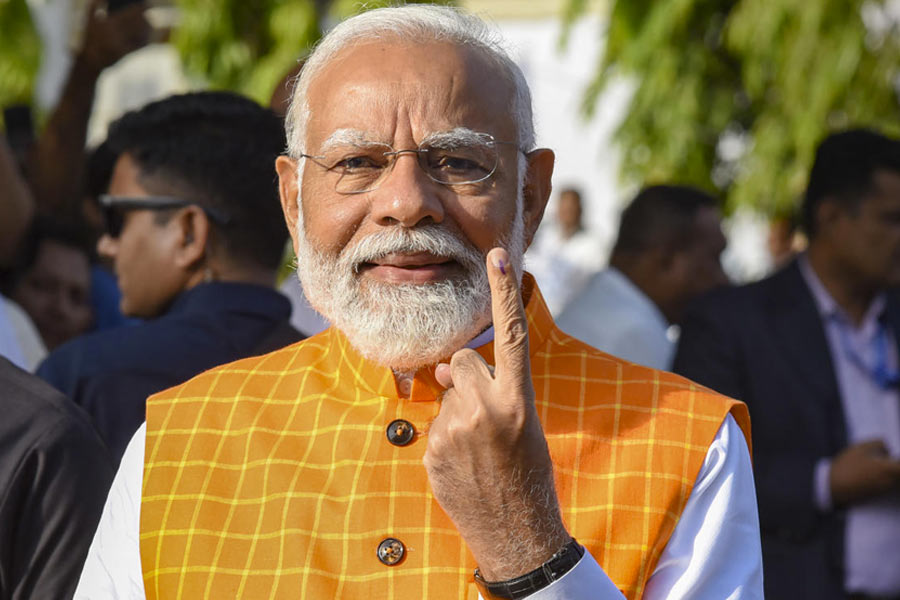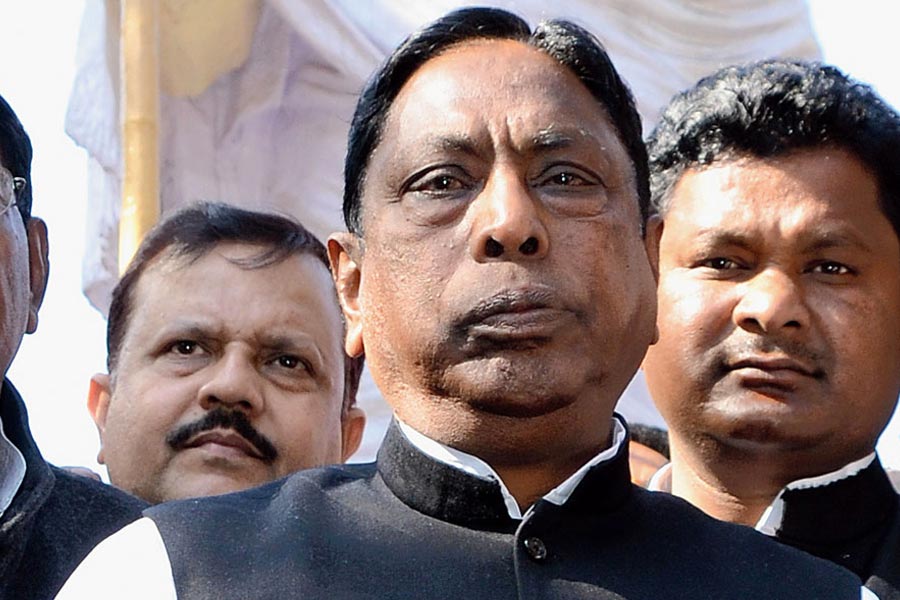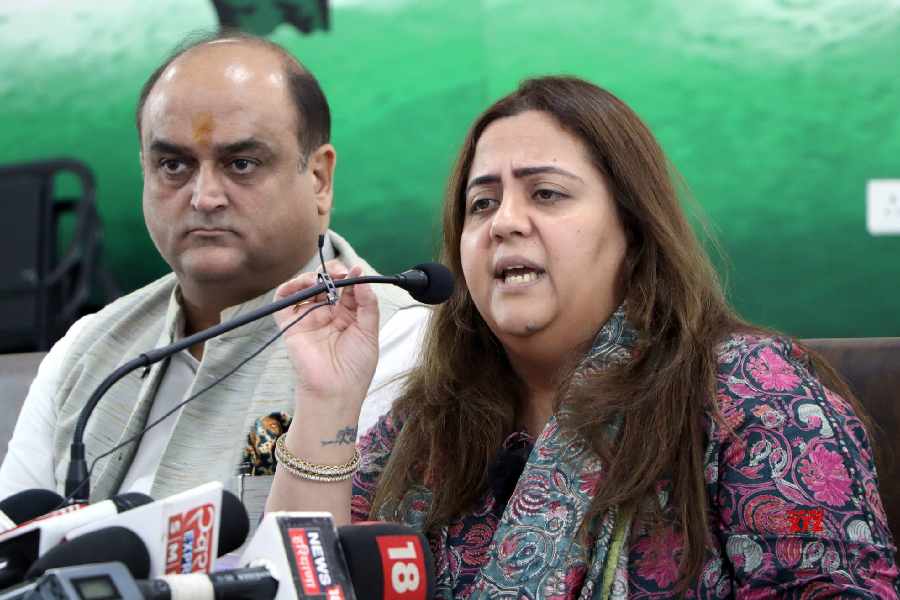Justice and mercy have a complicated relationship. It depends on the views of the society which prepares the law code, deciding which deeds are crimes, the degrees of their seriousness, what constitutes proof and the proportions of stringency and mercy to be exercised. The changes made to the Code of Criminal Procedure, 1898 in the bharatiya nagarik suraksha sanhita bill, 2023 indicate subtle shifts in the application of some laws and procedures that will inevitably affect the justice-mercy equation. According to Article 72 of the Constitution, the president of India may decide on the appeal for mercy of a death-row convict. So far, in case the appeal was rejected, the petitioner was allowed to appeal again to the Supreme Court, which had ruled that the president’s or a governor’s decision on a mercy petition was justiciable. In urgent cases, the Supreme Court held hearings late at night. Even when it upheld the sentence, the procedure was seen as a fair exploration of all possibilities. But Section 473, introduced in the BNSS bill, states that the president’s decision on a mercy petition shall be final. No further appeal to the Supreme Court shall be allowed, neither shall the grounds of the president’s decision be questioned or sought.
In the BNSS bill, therefore, the scope of mercy is being restricted. Opponents of capital punishment and rights activists see this as a setback: the scope for human error in sentencing and the questionable value of capital punishment as a deterrent are two of the many arguments against it. Eliminating the last possibility of a reprieve could exacerbate a prisoner’s emotional ordeal. There are other, less ethical and juridical, facets to the change. The president’s decision is being made final in the case of execution: a legal process would thus turn on the word of the head of the political establishment. It is a dangerous reversal of the principles underlying law, justice and the separation of powers. The regime bringing the bill is known for its drive to centralise the functions of a federalist democratic system and for its disagreements with the higher judiciary. Centralising the final decision on a convict’s mercy petition through the president would make the political institution the arbiter of a court’s sentence. The resultant curtailment of the prisoner’s rights is probably considered unimportant.










